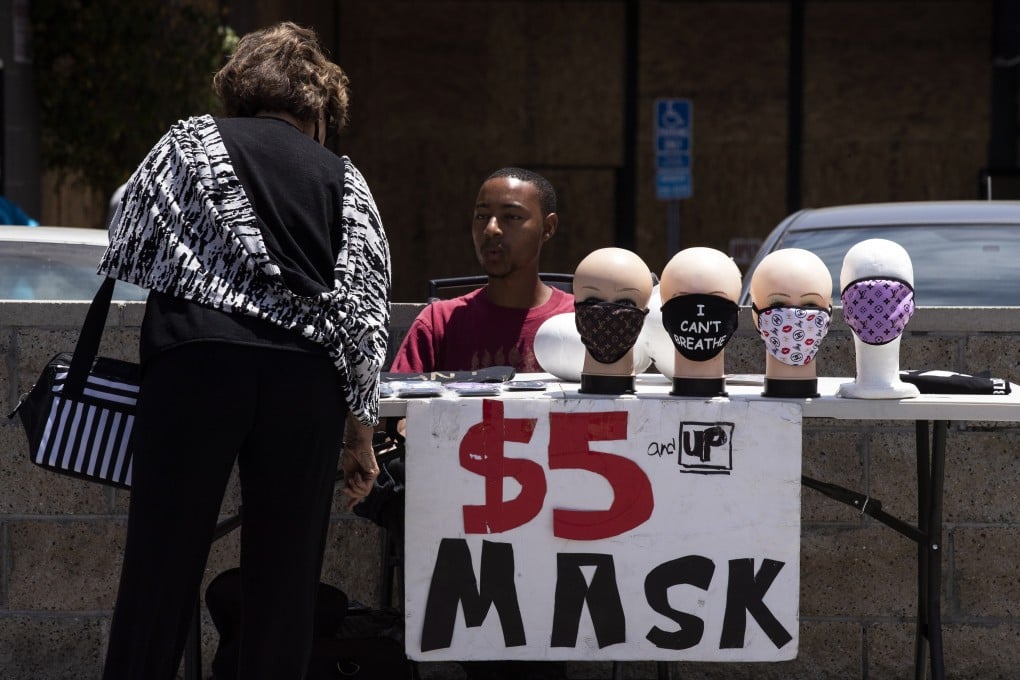Opinion | Is Covid-19 the end of the world as we know it?
- People in rich, developed countries are increasingly disillusioned, and realising that politicians are short on long-term answers
- These nations need to agree on a new approach to managing the future and a fresh compact with their society and the rest of the planet

I thought the end of the world would look different. There are no horsemen, no mushroom cloud, no alien spacecraft. Just sweatpants and Zoom. As it turns out, rumours of our demise have been exaggerated.
If you live in the developed world, the first 20 years of this century might have resembled the apocalypse in slow motion – from September 11 to Sars, the war on terror, the global financial crisis, technological disruption and Islamic State, to Trumpian anxiety and now Covid-19. Are we reliving the Crusades or fast-forwarding to the dystopian world of Blade Runner?
And yet, for many others, the 21st century has also been a revelation. Money to spend, real-time connections with the world, the Babylonian wonders of urban life and much more.

02:11
New Zealand’s coronavirus-free streak ends with two new imported cases
THE (DEVELOPED) WORLD IN CRISIS
Time and again, data and insights have supported this dichotomy. For years now, polling and analysis have pointed to growing levels of dissatisfaction and malaise in a number of rich countries. This is against the backdrop of people who are not only living better lives, but empowered with opportunities thanks to greater mobility and education, which have transformed their existence.
When my own research company decided to look at global reactions to the Covid-19 crisis, we wanted to know if this contrariety was as evident with the entire world now huddling indoors confronting a different type of international crisis.
Our study, titled “World in Crisis”, measured the sentiments of citizens from 23 countries towards their national Covid-19 crisis management efforts. While the focus of the news coverage has predominantly been on our political findings and how our leaders have performed, in many ways these results are less interesting and largely predictable. What really stood out to us were the wider perceptions of how business, media and communities were seen to have responded.
